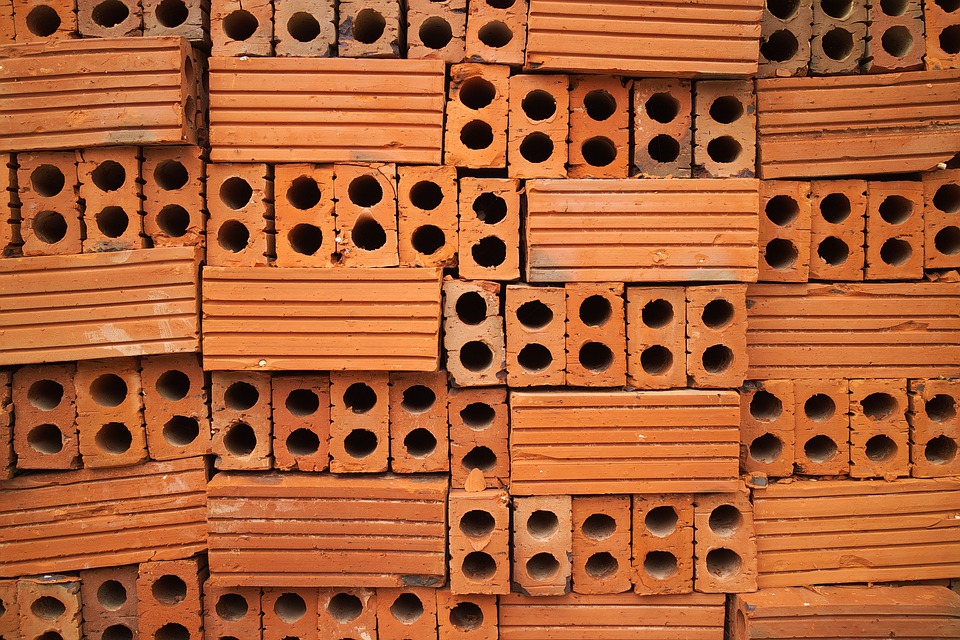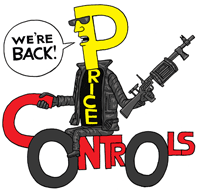It is indisputable that the construction domain is highly active in Zimbabwe. The demand for bricks is ever-present – has been for a long time. There are so many niches you can choose because a lot goes into construction. Anyways, in this article, I will be discussing how you can start a brick-making business. In Zimbabwe, there are always prospective clients for the most robust and affordable bricks.
Key Requirements
Equipment
The core requirement is machinery for the making of the bricks. You can buy or make a simple brick making machine. You probably have seen these around – designs vary. You can find a simple brick making machine that can produce 3000 bricks a day. A standard brick making machine such as these can cost roughly US$200, on average.
For greater efficiency, I would recommend that you get a professional brick making machine. You could import the machinery from China or Europe, funds permitting. From such places, you could find brick machines that can do several thousands of bricks an hour. However, here in Zimbabwe their several businesses you could contact for brick making machines. Of course, most of them are extensions of international enterprises, usually coming from China. One example that comes to mind is Aimix Group Company Limited – they have a great range of brick machines. You can get more information and even contact them through their website.
There is a South African company called Zhauns which deals with business opportunity machines. They have a brick making machine as part of their portfolio. They have various models that you can choose from. They also have blocks and paving machines. The raw materials that can be used with their brick machines are sand, cement, fine concrete, stones, gravel, and so on. They can make on average 1250 pieces of standard bricks per hour. For more information, you can go check out their website. Prices start from around R9000 or US$700.
On top of that, you will a wide range of implements to be used in the brick making process. You will need things like wheelbarrows, sieves, buckets, spades, shovels, and the like. Transport infrastructure will depend on how you want to roll out your business. Do you want to include delivery services or clients will sort out their transport? Your choice there determines what you will need transport-wise. Remember also that you have to source raw materials too.
Land Space Or Working Area
This will depend on your projected production capacity. Brick making can be done as a backyard business. This speaks to how just a small piece of land can be needed for this type of business. If you want to go big then land space will have to substantially large. Bear in mind that bricks usually require an open space for them dry. That is why earlier I said production capacity informs the amount of land or working space needed.
If you do not already have land this might be your most significant cost i.e. your location. How far or close it is to your target market must be carefully considered. Here in Zimbabwe, it would be best to have your location on average, 40 kilometres away. This will put you close to your prospective clients thus reducing transport costs for clients and you also. Proximity to suppliers or sources of your raw materials is also paramount.
Human Resources
The level of sophistication your brick making machine(s) have weighed in heavily on this aspect. If you are using the most basic brick making implements you will require more hands-on deck. If you are using much more sophisticated machinery you might need a few. Either way, you will not escape the need for a substantial number of workers to streamline everything. Again the issue of intended production capacity comes in too. Thus it is not easy to tell you how many workers you might require – too many variables at play. In a nutshell, just know you will have to brace yourself to pay some general hands.
Capital
Key components to consider are namely location, machinery, raw materials, human resources and other related costs. If you already have a location then that is good for you because that will drive down your costs. Machinery is critically important in several ways. Cheaper machinery usually does much fewer bricks per hour (not forgetting workers’ costs). I would suggest that for machinery you look at setting aside at least US$200. With US$200 you can get some of the most affordable standard bricklaying implements. You could either get them custom-made (several units obviously) or you could buy ready-made ones.
For more sophisticated machinery you got to have around US$700 or so. Where possible you could hire machinery as opposed to outright purchases. Then there are raw materials, some can be found at no cost (e.g. pit sand) – some have to be purchased. Brick making businesses are capital intensive, especially if you want a significant scale of productivity and professionalism.
Market
The market is virtually everywhere in Zimbabwe. Particularly urban and peri-urban areas – there is a lot of home construction going on. You will have to conduct market research, as usual, to ascertain where the best target market is. Leverage on social media to get the word out as always. The market is widespread, no doubt, but do not assume research!
Regulation
A lot of environmental issues are raised by brick making. Brick making requires soil – that can lead to landmass for other activities e.g. farming being compromised. Wood is usually used too to burn bricks – that can lead to deforestation. Not forgetting the issue of air and possibly noise pollution. My advice is that once you consider a location contact the respective local authorities before commencement. Getting raw materials from reputable and legal sources is also important.
You can strategically position yourself commercially and financially by tapping into this huge market, give it a shot.









All buildings Materials for sale in Zimbabwe with cheap prices and availability of transport
Thank for this info. My heart fell for it
The prices quoted here are unrealistic and foolish. Where have you ever seen a brick machine for $200? Whilst some of this is reasonable the reality is that this article is unrealistic and overly simplistic. This was obviously written by someone with no idea of the brickmaking business and could have been better researched instead of sounding like beer hall talk.
Hello Tiger. Thanks for your feedback. The price mentioned for the brick making machine is a CIF (Cost, Insurance and Freight) price and so excludes duties and VAT. That said here linked is an example of such a brick making machine and this is hardly the cheapest one available. Beer hall talk isn’t always wrong.
https://www.importitall.co.za/Clay-Brick-Making-Machine-Solid-Brick-Making-Machine-Concrete-Brick-Machine-ap-B0894J1PVC.html?utm_source=google_remarketing&utm_medium=cpc&utm_campaign=remarketing
I agree with Tiger this is bar-talk, and shouldn’t have been posted here under StartupBiz website.
Do you research and give specifics and if possible ballpark numbers.
The article should have given the key entry requirements, but didn’t!!!!
There is definitely need for a Land permit to access soils, and obviously this permit costs something, which is what this article should have given. Also which offices to get this permit, how many years the permit is valid for? How to renew the permit, etc.
Coz one can have the machinery, the funding, but if you do not have the permit, where are you going to get the soils? Buy from Hardware shops???!!!
Thanks for the feedback Lion. Our articles are meant to introduce an idea. The business plans give the specific details of getting into and running the business including permits and other requirements.
Hi, im considering starting a brick making company because of the problems we habe been facing..Lion..or anyone..if you have an in depth information that could help me please contact me on 0775661357 or email me at vivknyauyanga and gmail.com. Your help will be greatly appreciated
You can contact our sales people and enquire about business plans for full and detailed info on any of our businesses featured here. +263778798072